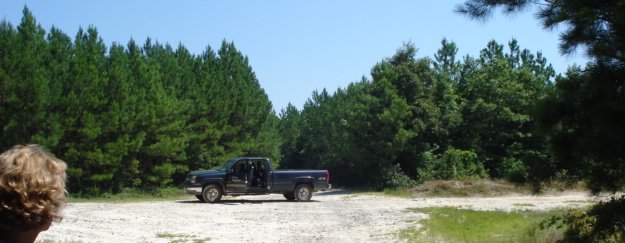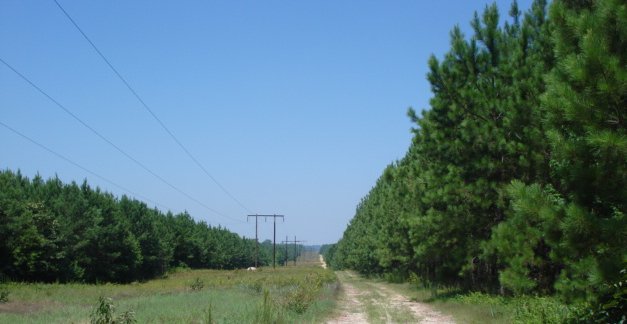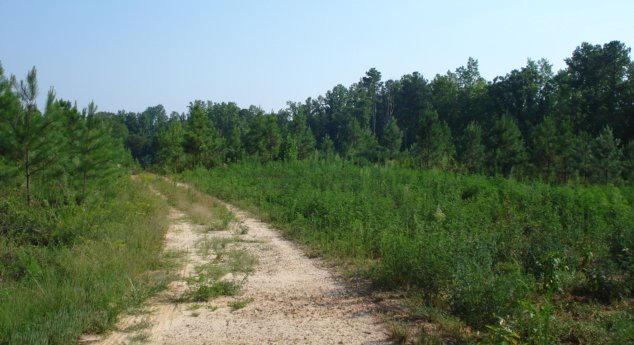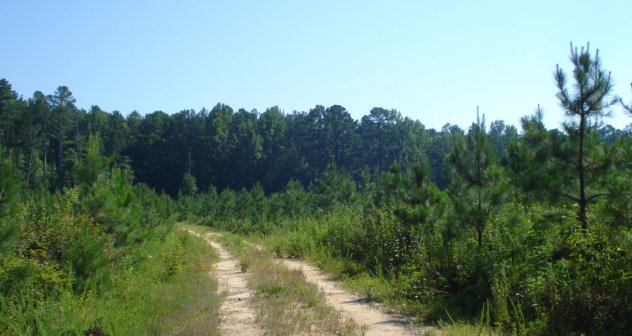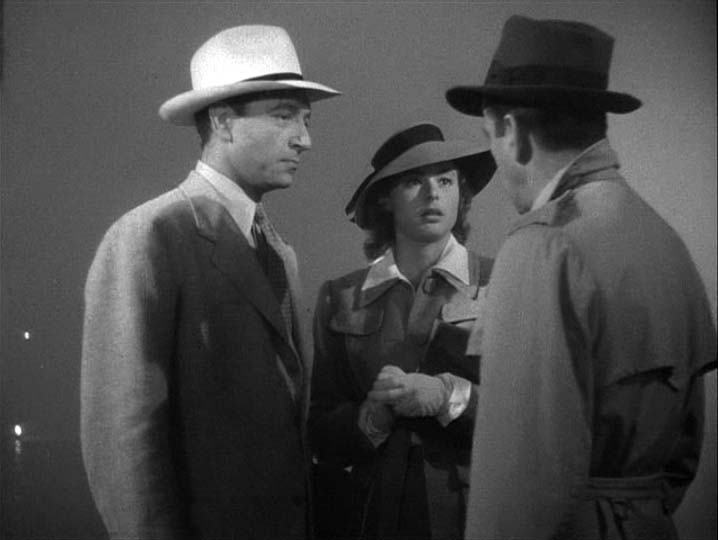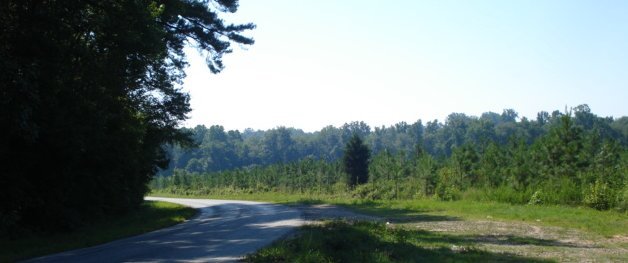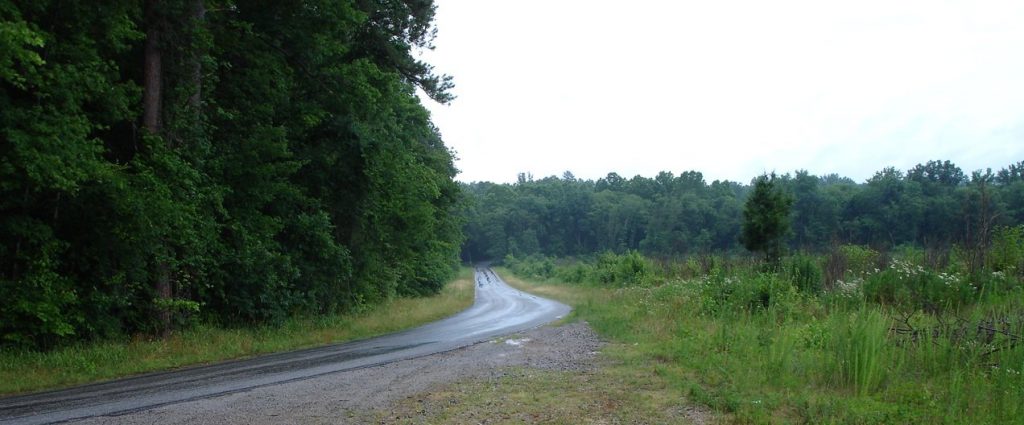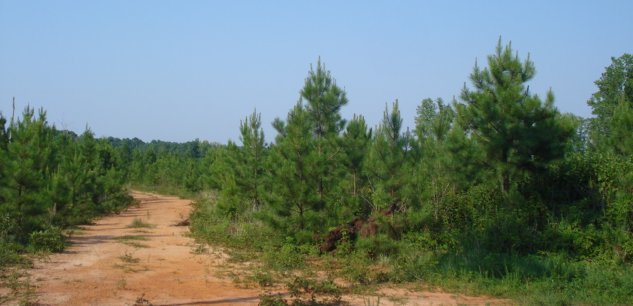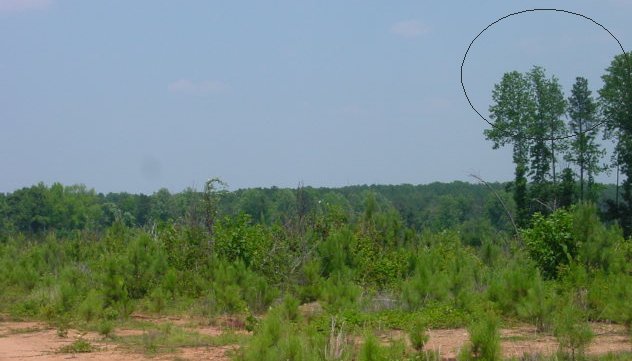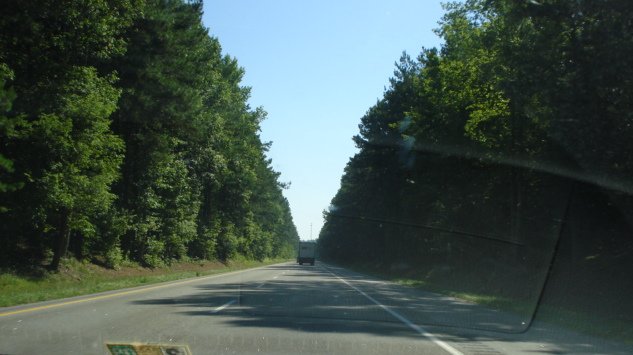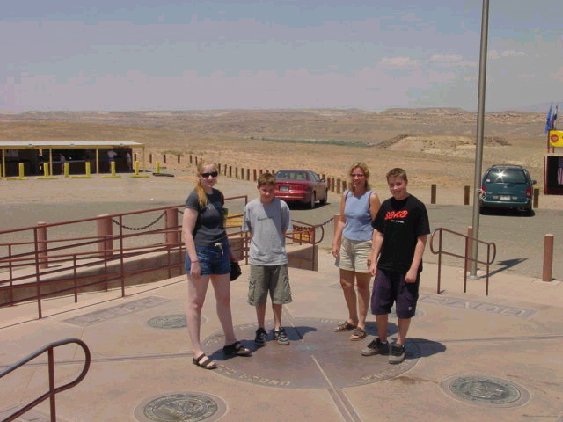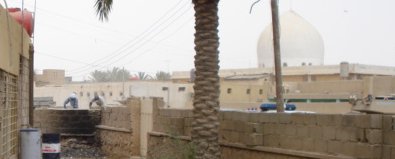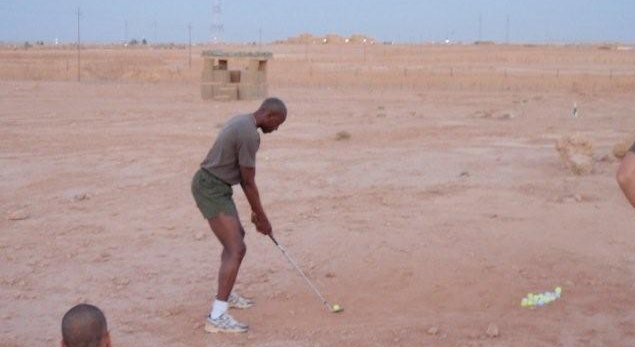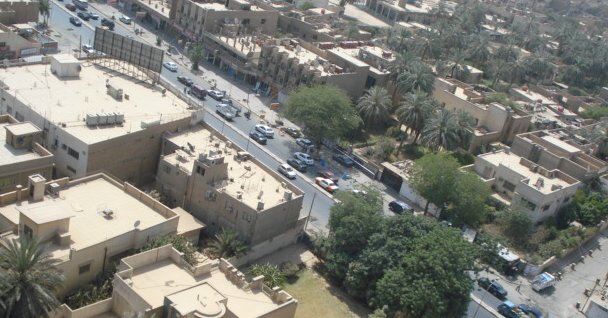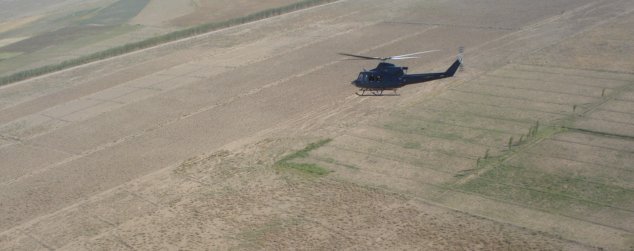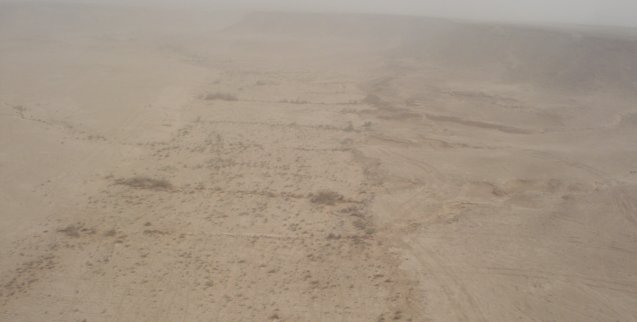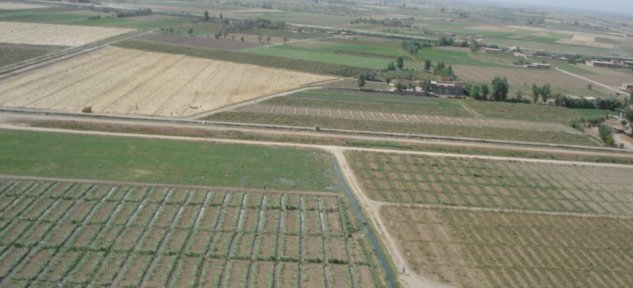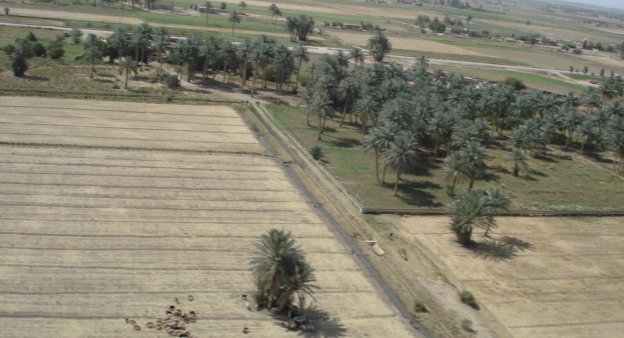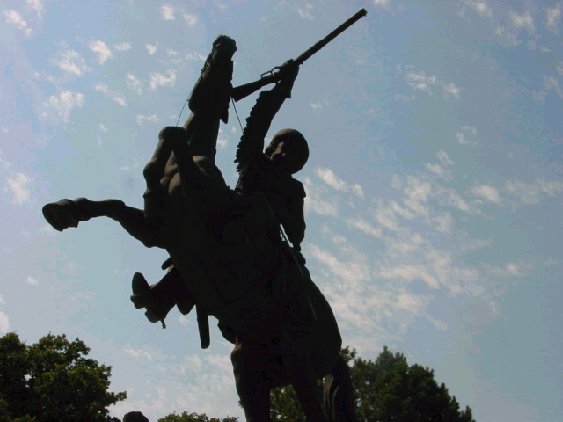Below is the Marine Band playing at the Marine Memorial in Arlington. They play every Tuesday evening during the summer. I went to see them last week. The picture is not related to the rest of the post, but I thought it was a good picture.
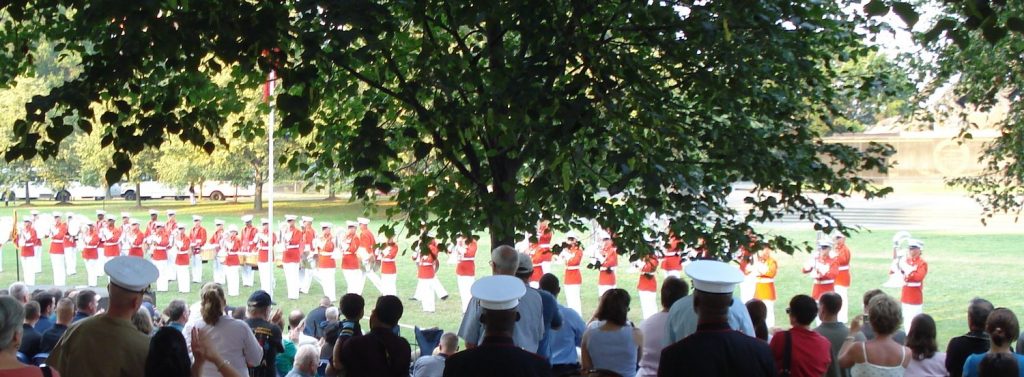
I minored in anthropology as an undergraduate. I don’t think about that much anymore, but an article from AEI reminded me of the usefulness of this sort of outlook. Anthropologists study cultures and the interrelations within and among them. This is useful in Iraq and Afghanistan as we try to apply leverage to help those places overcome the damage of insurgencies and terrorism. I have spoken to anthropologist studying the cultural landscape of Anbar and we are always looking for better ways to understand the people we work with. We call it “human terrain” and knowing the human terrain is as important as understanding the physical terrain of a battle space. It saves lives and makes us more successful. It just makes sense.
The article I linked above is about an anthropologist who was recently killed while on duty in Afghanistan. This guy was a hero. What surprised me was that some professional anthropologists disagree. Some even say it is some kind of ethical violation for anthropologists to use their skills to help with human terrain projects. I think maybe they have been watching too much Star Trek and they think the prime directive is applicable on our planet. It is one of those examples that shows that you can get a PhD and still remain a fool.
We apply our education – history, anthropology, business etc – to do our jobs better. It would be unethical not to do so, IMO. That is one of the purposes of education. I cannot believe that there is a controversy about this among some academics. Are they trying to prove that what they teach in the ivory tower really is useless?
The article I mentioned refers to William Francis Butler who said that a nation that insists on separating its soldiers and its scholars will likely find its fighting done by fools and its thinking by cowards. In our modern America it looks like we have given fools some of the thinking jobs too.
Social “sciences” such as sociology, anthropology and psychology are not sciences in the precise sense of the term. That does not mean they are not worth study. On the contrary, the disciplines used in these fields can help channel thought and help in the art of living life. But social scientists have no right to stand apart from their societies in a way we might tolerate in a practitioner of a hard science. Society IS their business.
I studied history & management in school, but I didn’t leave it in the classroom. Whenever possible, I like to test assumptions and theories in light of actual events in the real world. Thinking improves action and action improves thinking and the test of a theory is its ability to predict outcomes in the real world. No theory accurately applies to all aspects the real world, but some are better, more predictive, than others and all can be improved in light of experience. I think that – the real world experience – is what scares some academics. They want to protect their theories and their phony-baloney status from the intrusion of reality. That is why they criticize colleagues who participate in reality, no matter what rationalizations they offer.
The best professors I recall from my studies were those who had worked in business and/or consulted extensively. They were a lot more reasonable than those who rarely or never ventured out. But the pure academic types often looked down on experience – silly, but true. It evidently still applies. Let’s hope the “purists” are not too strong.

